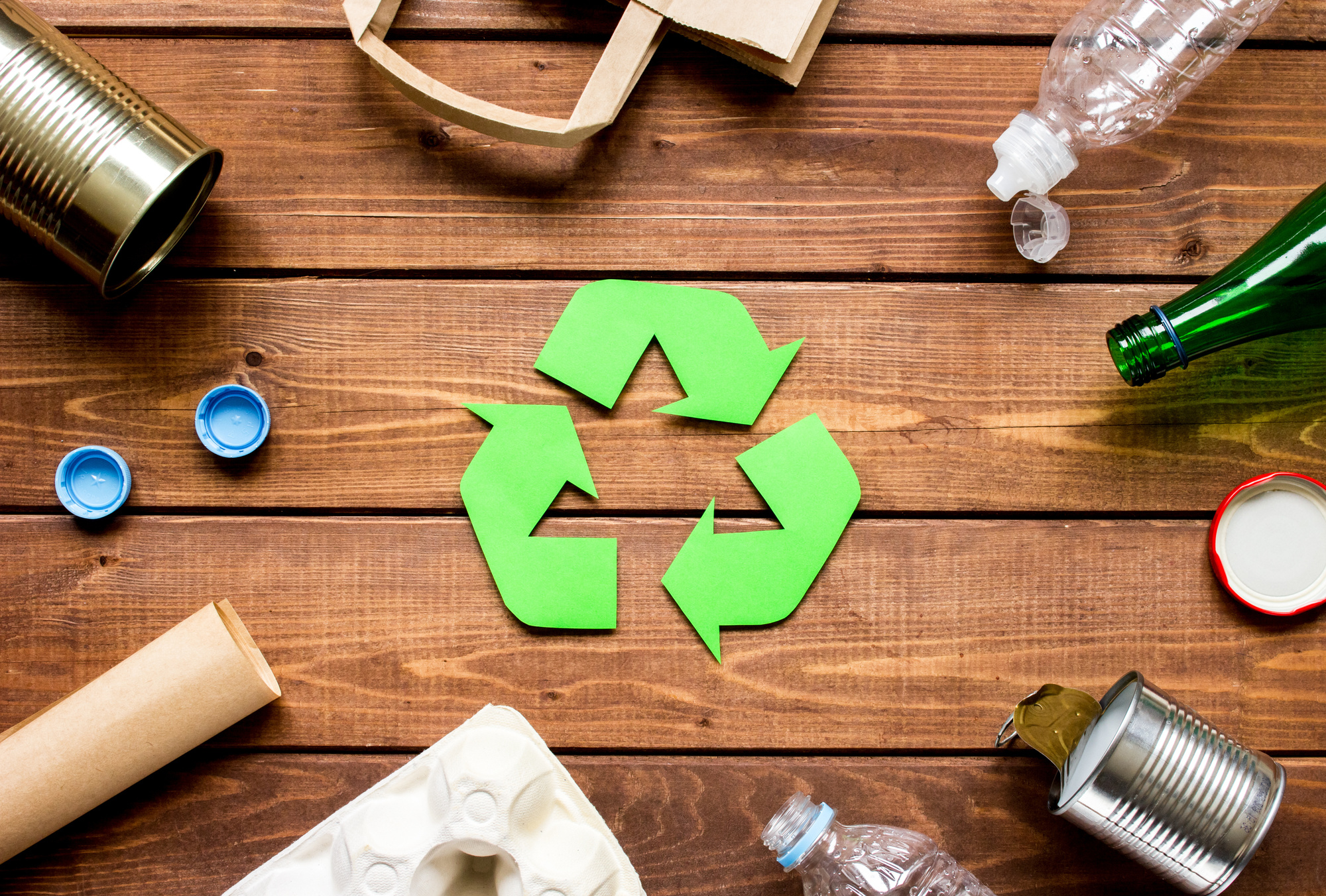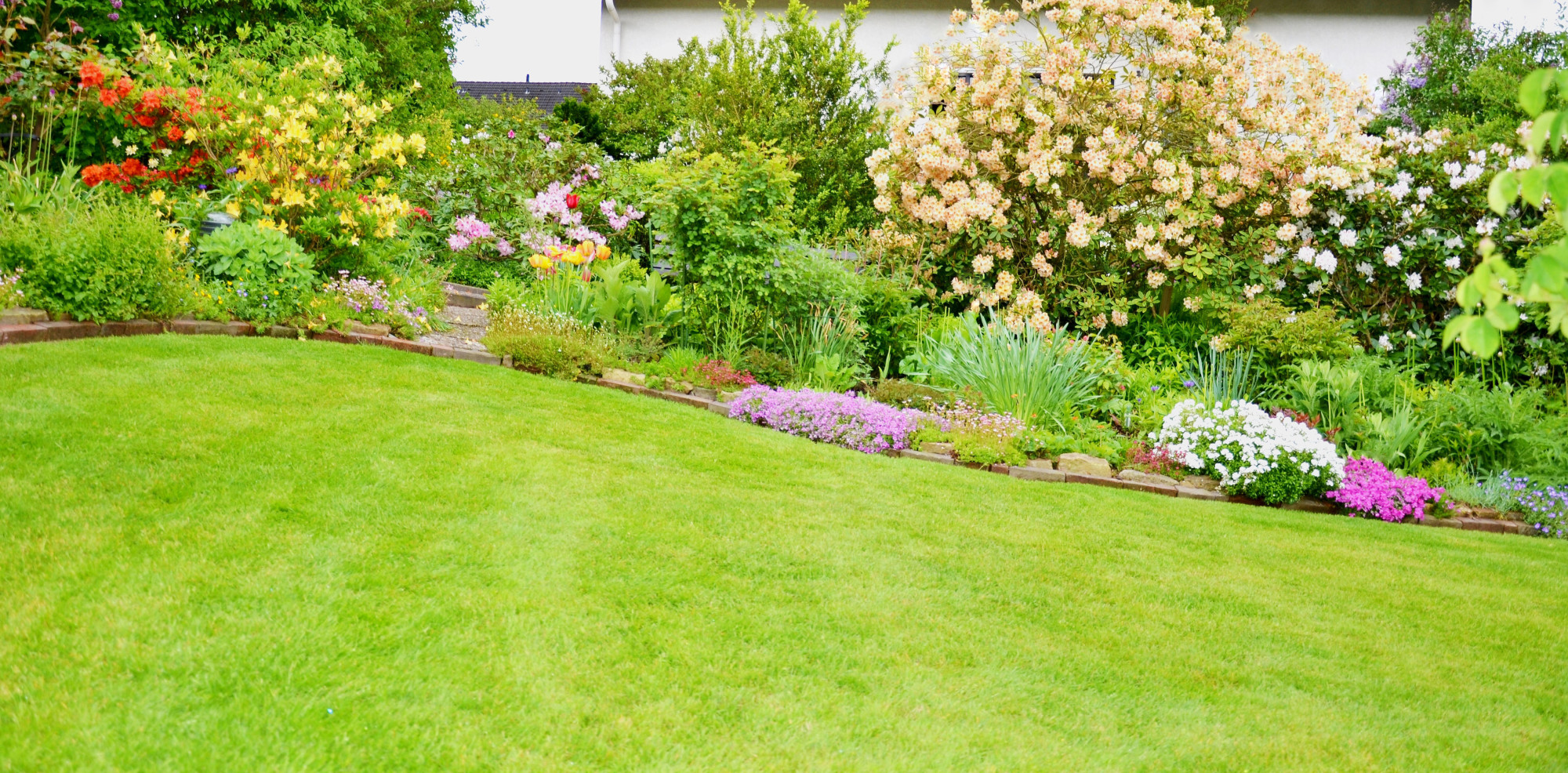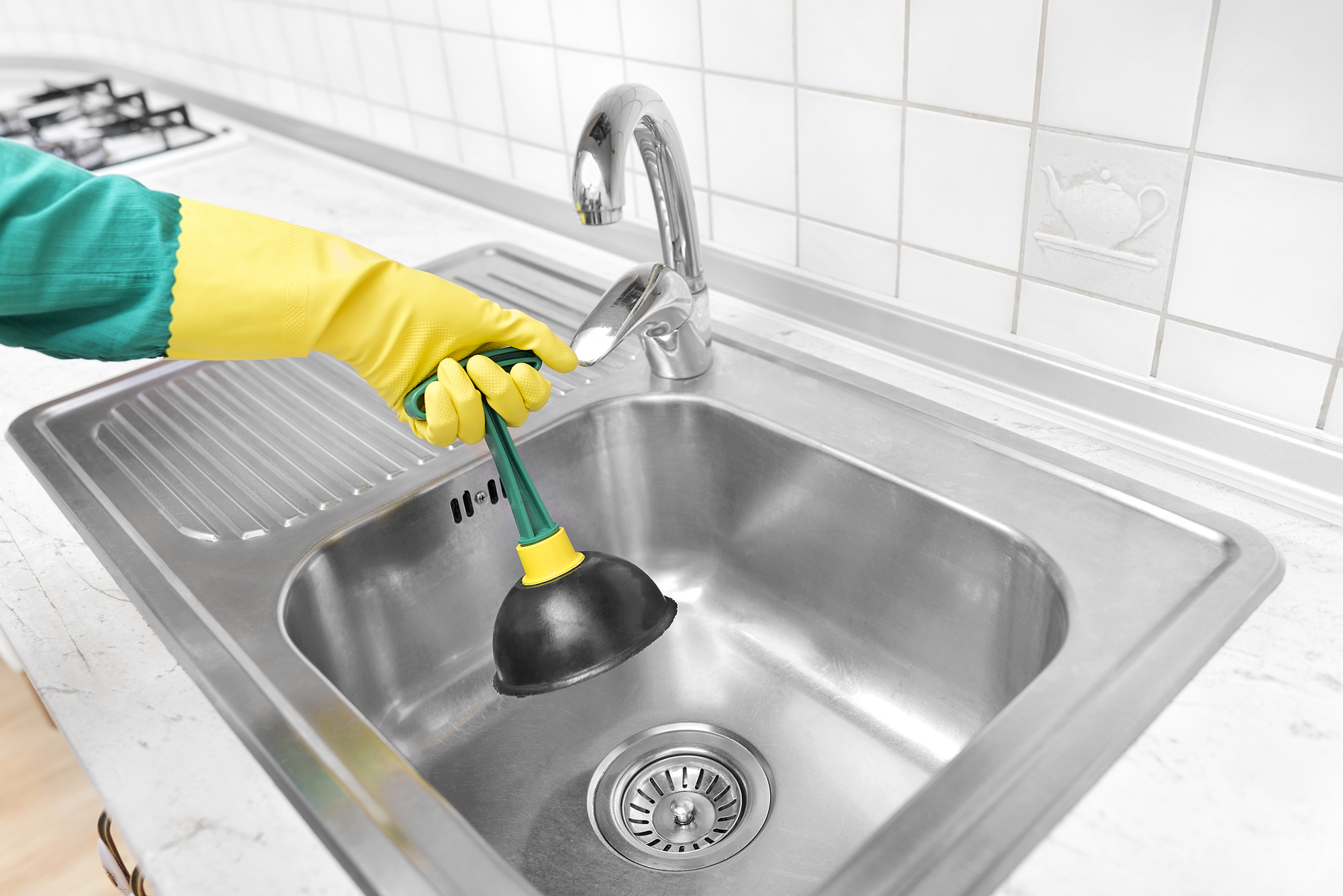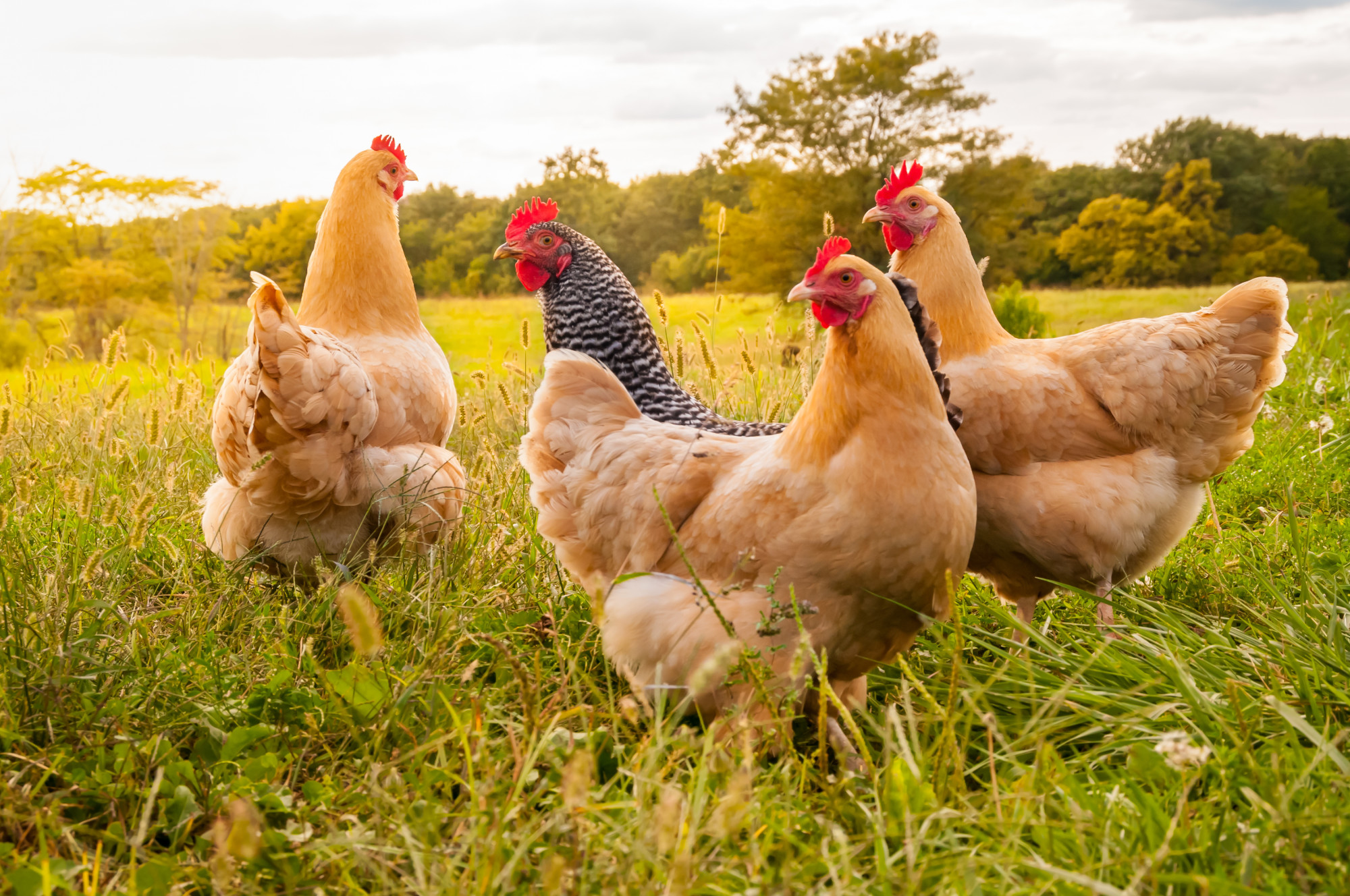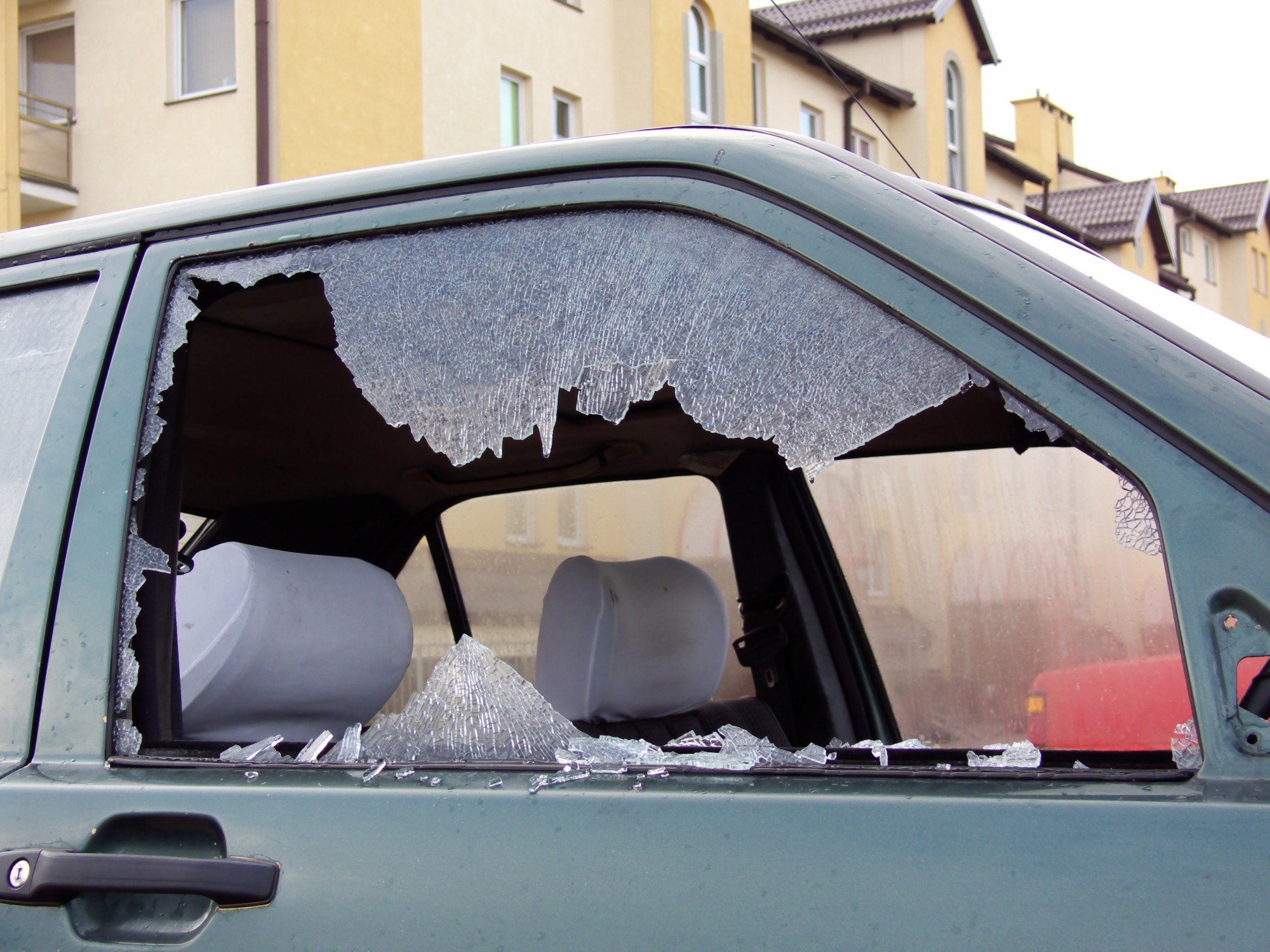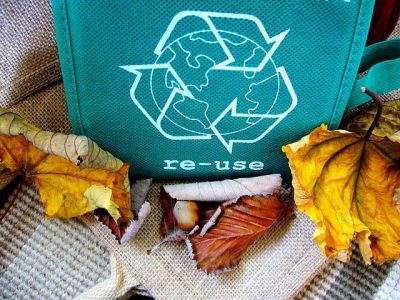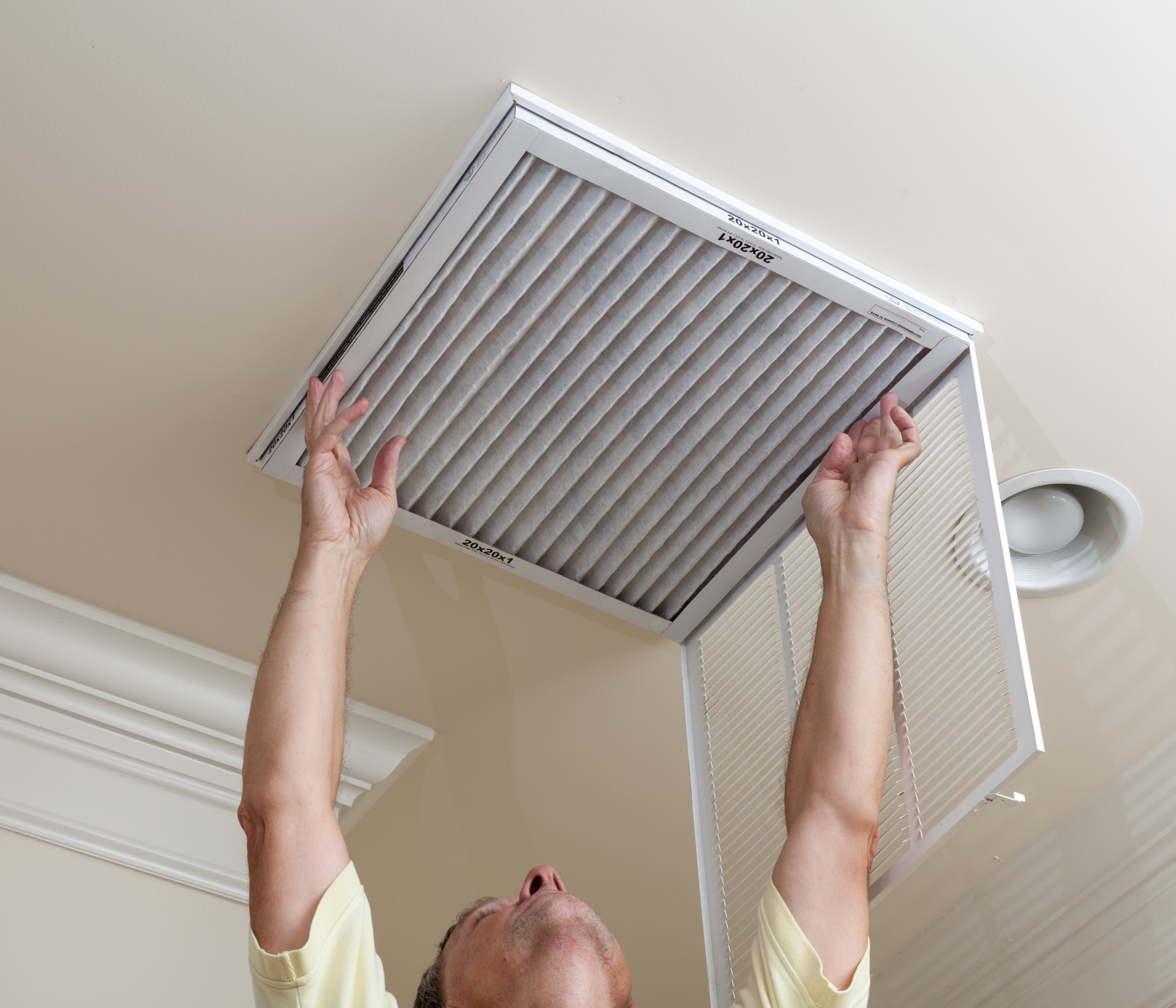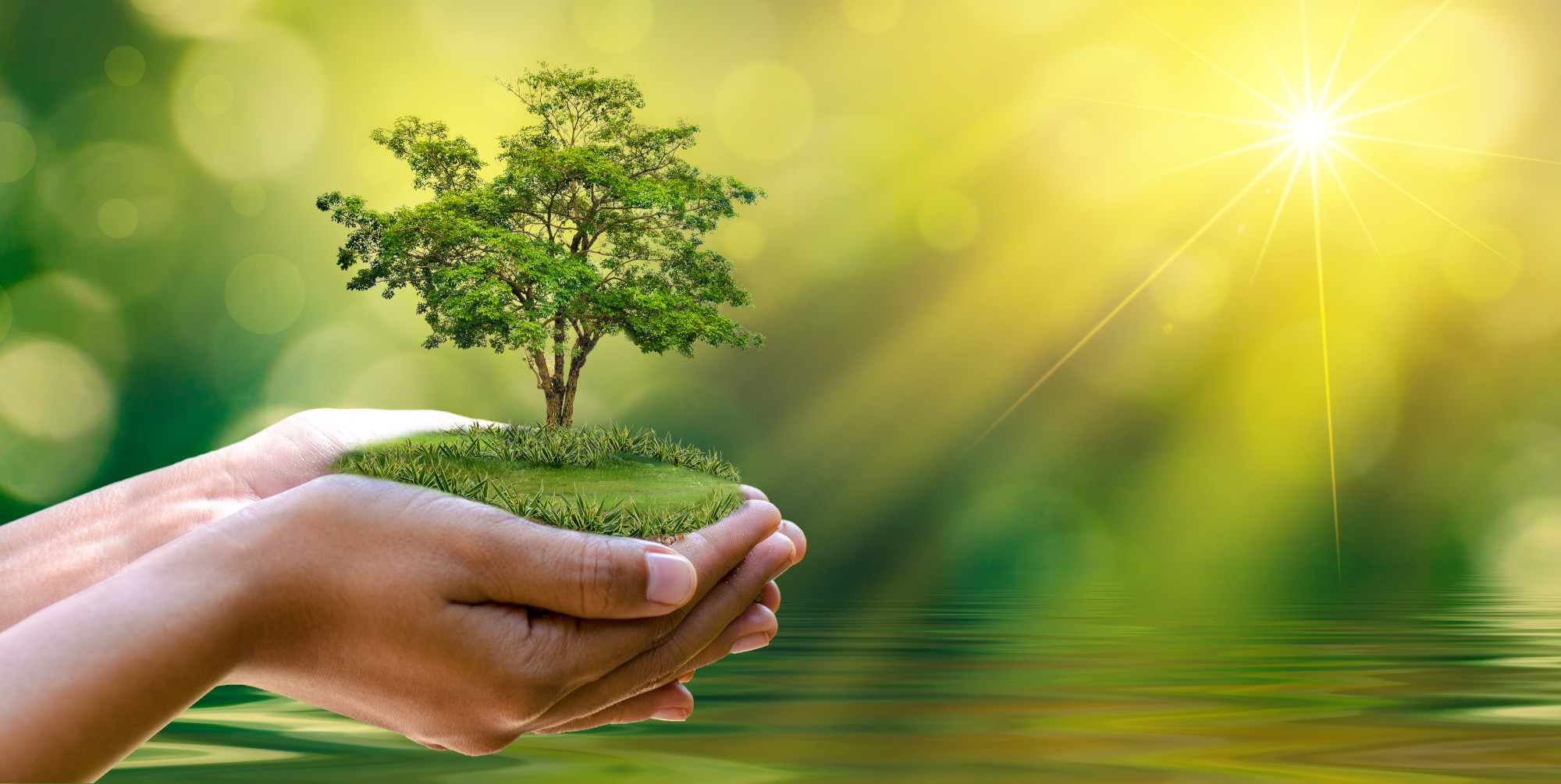With all the emphasis today on going green, you may be wondering where to start. Recycling is a great place to start reducing your carbon footprint, but there are many myths surrounding the method.
Keep reading to learn more about these recycling myths so that you can make informed decisions with your waste.
1. Do Your Recyclables Need to Be Clean?
The answer is yes. But don’t worry, it’s not that hard to do so. An easy rinse is all it takes.
Only clean and dry items can be recycled due to standards in place by those who purchase these recycled materials. You may think you’re doing your part by tossing an empty milk carton into your recycling bin, but if the carton is not rinsed, it will be sent to a landfill.
Make sure you rinse all the items that go into your recycling bin with water. If all the items in your bin are dry, one wet item can contaminate the entire haul, making it all exempt from being recycled.
Make sure you get a recycling can or bin that has a secure lid. If you leave uncovered bins out, they can get wet by rainfall, which forces them to be disposed of at a landfill.
2. Should You Bag Your Recyclables?
While you may have thought so, you should not bag your recyclables the way you do other trash. Any recyclables brought to waste management this way will be sent to the landfill, bag and all. Leave your recyclables loose in your bin to ensure they will be recycled.
This is mostly due to the process of recycling and is in the interest of the employees who don’t have time to untie the bags and sort through them as they come across the conveyer belt. Likewise, if the plant has a sorting machine, the plastic bags can get caught or jammed in the machine, slowing down the process and making the items unusable.
While it’s important not to bag your recyclables, it is very important to bag your other trash. This helps to make sure small pieces of trash are contained within a bag, helping to reduce pollution that could fall from the garbage truck or create debris at the landfill.
3. Can You Recycle Plastic Bags?
While you have probably seen bag drop-offs at stores or seen recyclable signs on your grocery bags, these items cannot actually go through recycling. This kind of waste is soft plastic, which has no value in the recycling market. They also clog up sorting machines.
Do your part by bringing reusable bags to the store, or opting for paper instead of plastic. To learn more about what you can do to help the environment, consider attending safety conferences in your area.
Recycling Myths Busted
While recycling is a great way to help the environment, knowing the facts is important in making sure you’re doing the right thing with your waste. Keep these recycling myths in mind when taking out the trash, and do your part to educate others.
For more tips on going green, head to the “Green Living” section of our site.

